Ukrainian President Volodymyr Zelenskyy welcomed fresh commitments of weapons and ammunition to fight Russia’s invasion even as he expressed disappointment over the lack of a clear path for his country to join NATO as the alliance wrapped up its annual summit on Wednesday.
“The Ukrainian delegation is bringing home a significant security victory for the Ukraine, for our country, for our people, for our children,” he said while flanked by U.S. President Joe Biden and other leaders from the Group of Seven most powerful democratic nations.
A joint declaration issued by the G7 lays the groundwork for each nation to negotiate agreements to help Ukraine bolster its military over the long term. Zelenskyy described the initiative as a bridge toward eventual NATO membership and a deterrent against Russia.
“Our support will last long into the future,” Biden said. “We’re going to help Ukraine build a strong, capable defense.”
The announcement came as NATO leaders launched a new forum for deepening ties with Ukraine, known as the NATO-Ukraine Council. It’s intended to serve as a permanent body where the alliance’s 31 members and Ukraine can hold consultations and call for meetings in emergency situations.
The setting is part of NATO’s effort to bring Ukraine as close as possible to the military alliance without actually joining it. On Tuesday, the leaders said in their communique summarizing the summit’s conclusions that Ukraine can join “when allies agree and conditions are met.”
“Today we meet as equals,” NATO Secretary-General Jens Stoltenberg said Wednesday at a news conference with Zelenskyy. “I look forward to the day we meet as allies.”
The ambiguous plan for Ukraine’s future membership reflects the challenges of reaching consensus among the alliance’s current members while the war continues, and has frustrated Zelenskyy even as he expressed appreciation for military hardware being promised by Group of Seven industrial nations.
“The results of the summit are good, but if there were an invitation, that would be ideal,” Zelenskyy said, through a translator. He added that joining NATO would be “a serious motivating factor for Ukrainian society” at it resists Russia.
Despite his disappointment, the Ukrainian leader was more conciliatory on Wednesday than the previous day, when he harshly criticized the lack of a timeline for membership as “unprecedented and absurd.”
“NATO needs us just as we need NATO,” he said alongside Stoltenberg.
Ukraine’s future membership was the most divisive and emotionally charged issue at this year’s summit. In essence, Western countries are willing to keep sending weapons to help Ukraine do the job that NATO was designed to do — hold the line against a Russian invasion — but not allow Ukraine to join its ranks and benefit from its security during the war.
“We have to stay outside of this war but be able to support Ukraine. We managed that very delicate balancing act for the last 17 months. It’s to the benefit of everyone that we maintain that balancing act,” Belgian Prime Minister Alexander De Croo said Wednesday.
Latvian Prime Minister Krisjanis Karins, whose country lies on NATO’s eastern flank and has a long, troubled history with Russia, said he would have preferred more for Ukraine.
“There will always be a difference of flavor of how fast you would want to go,” he said. However, Karins added, “at the end of it, what everyone gets, including Ukraine, and what Moscow sees is we are all very united.”
Amanda Sloat, senior director of European affairs for the U.S. National Security Council, defended the summit’s decisions.
“I would agree that the communique is unprecedented, but I see that in a positive way,” she told reporters on Wednesday.
Sloat noted that Ukraine will not need to submit a “membership action plan” as it seeks to join NATO, although she said “there are still governance and security sector reforms that are going to be required.” The action plan is usually a key step in the process that involves advice and assistance for countries seeking to join.
Symbols of support for Ukraine are common around Vilnius, where the country’s blue-and-yellow flags hang from buildings and are pasted inside windows. One sign cursed Russian President Vladimir Putin. Another urged NATO leaders to “hurry up” their assistance for Ukraine.
However, there’s been more caution inside the summit itself, especially from Biden, who has explicitly said he doesn’t think Ukraine is ready to join NATO. There are concerns that the country’s democracy is unstable and its corruption remains too deeply rooted.
Under Article 5 of the NATO charter, members are obligated to defend each other from attack, which could swiftly draw the U.S. and other nations into direct fighting with Russia.
Defining an end to hostilities is no easy task. Officials have declined to define the goal, which could suggest a negotiated ceasefire or Ukraine reclaiming all occupied territory. Either way, Putin would essentially have veto power over Ukraine’s NATO membership by prolonging the conflict.
British Defense Secretary Ben Wallace warned Wednesday of bubbling frustration over Zelenskyy’s demands, adding that “people want to see gratitude” for Western military support. Wallace also said he’s heard “grumbles” from some U.S. lawmakers that “we’re not Amazon.”
“I mean, that’s true,” Wallace said, according to multiple British media outlets. He recalled telling the Ukrainians the same thing when he visited the country last year and was presented with a list of weapon requests. “I’m not Amazon.”
At the same time, the new G7 framework would include long-term commitments to Ukraine’s security.
The British foreign ministry said the G7 would “set out how allies will support Ukraine over the coming years to end the war and deter and respond to any future attack.” The ministry added that the framework marks the first time that this many countries have agreed to a “comprehensive long-term security arrangement of this kind with another country.”
British Prime Minister Rishi Sunak said in a statement that supporting Ukraine “will send a strong signal to President Putin and return peace to Europe.”
Moscow reacted harshly to the G7 plan.
“We consider this extremely ill-judged and potentially very dangerous,” Kremlin spokesman Dmitry Peskov told reporters. He added that “by providing security guarantees to Ukraine, they’re infringing on Russia’s security.”
Ukraine has been let down by security guarantees in the past. In the 1994 Budapest Memorandum, Russia, the U.S. and U.K agreed that “none of their weapons will ever be used against Ukraine except in self-defense” in exchange for Kyiv transferring its Soviet-era nuclear weapons to Russia.
But in 2014, Russia annexed Ukraine’s Crimean Peninsula and seized swathes of territory in the south and east. In 2022, Russia launched a full-scale invasion in an attempt to topple Kyiv, leading to the current bloody conflict.
Zelenskyy told reporters that the Budapest Memorandum was no help without NATO membership and its mutual defense agreement.
“In fact, Ukraine was left with that document and defended itself alone,” he said.
Although international summits are often tightly scripted, this one in Vilnius has seesawed between conflict and compromise.
At first leaders appeared to be deadlocked over Sweden’s bid for membership in the alliance. However, Turkey unexpectedly agreed to drop its objections on Monday, the night before the summit formally began. The deal led to boasts of success from leaders who were eager for a display of solidarity in Vilnius.
“This summit is already historic before it has started,” Stoltenberg said.
Erdogan has not commented publicly on the deal, over Sweden’s membership, even during a Tuesday meeting with Biden where Biden referenced “the agreement you reached yesterday.”
However, Erdogan appeared eager to develop his relationship with Biden.
The Turkish president has been seeking advanced American fighter jets and a path toward membership in the European Union. The White House has expressed support for both, but publicly insisted that the issues were not related to Sweden’s membership in NATO.
-AP


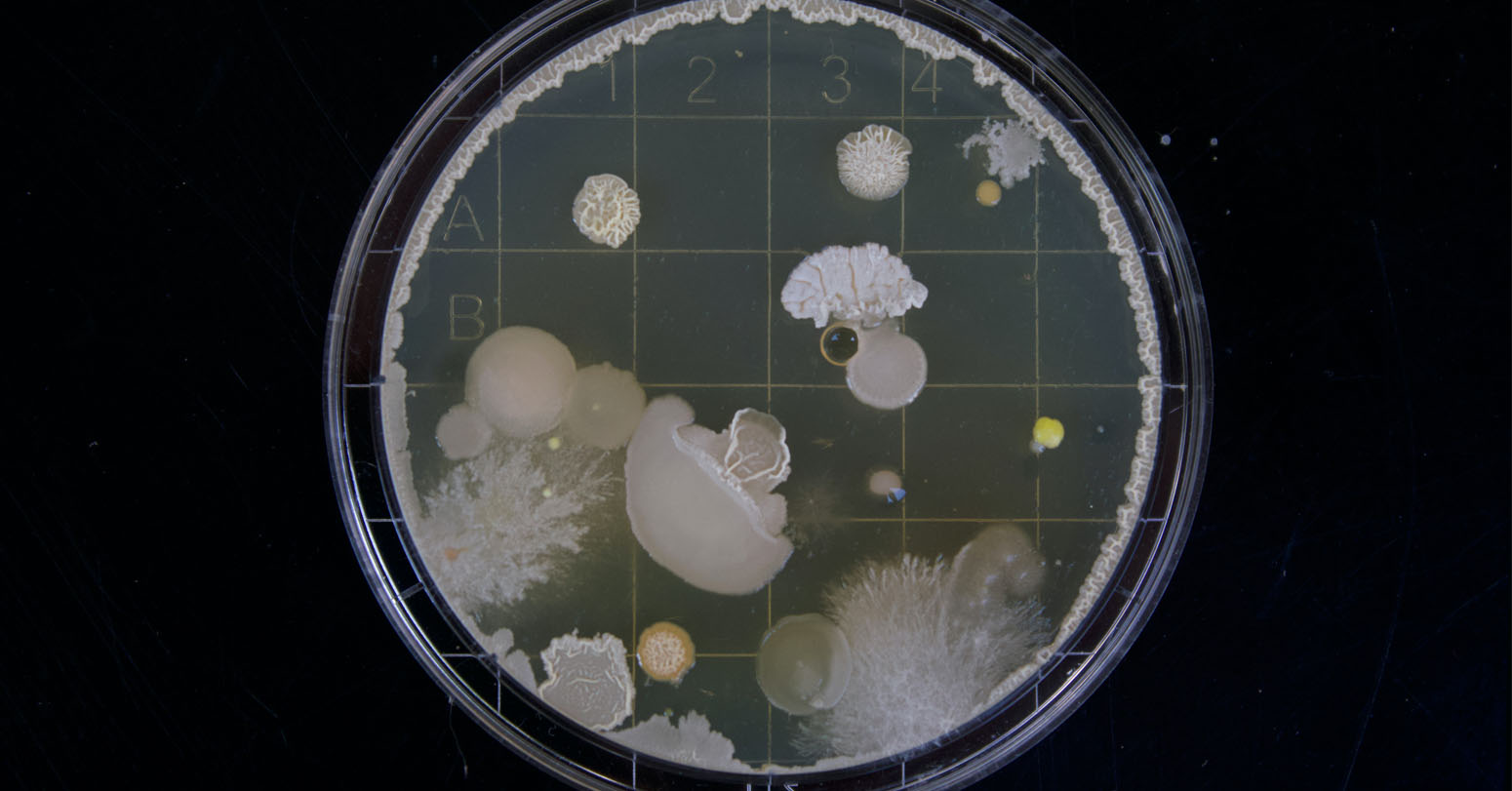

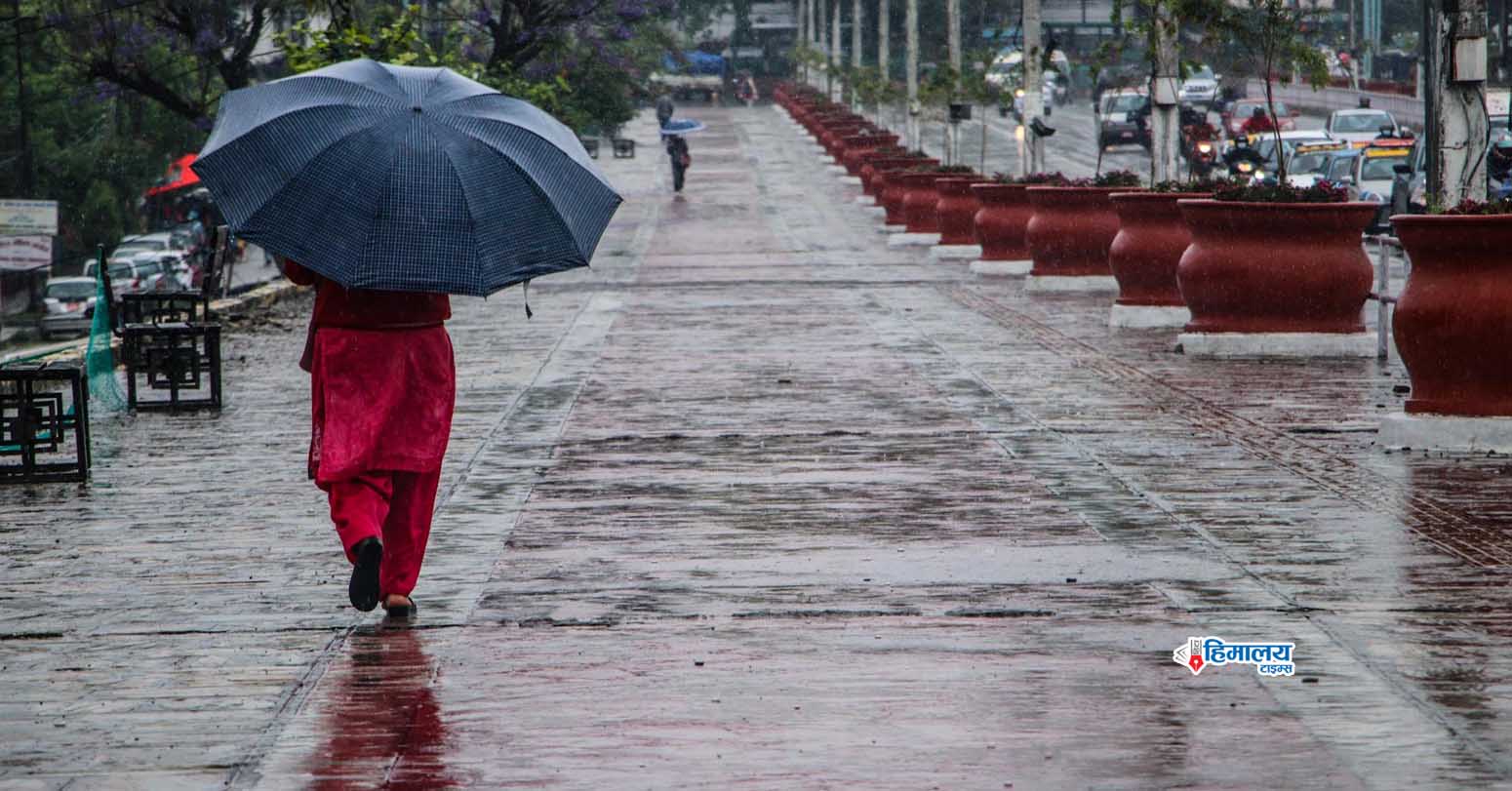

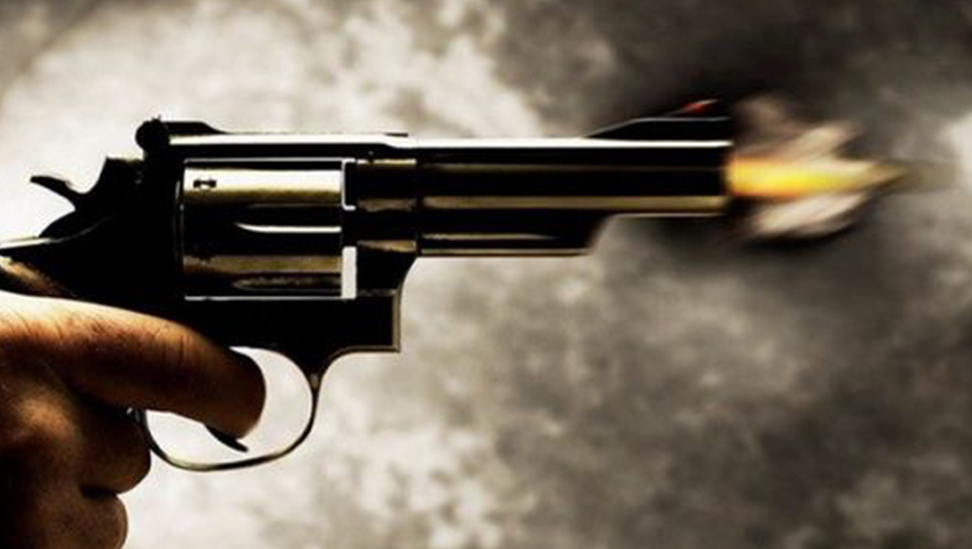
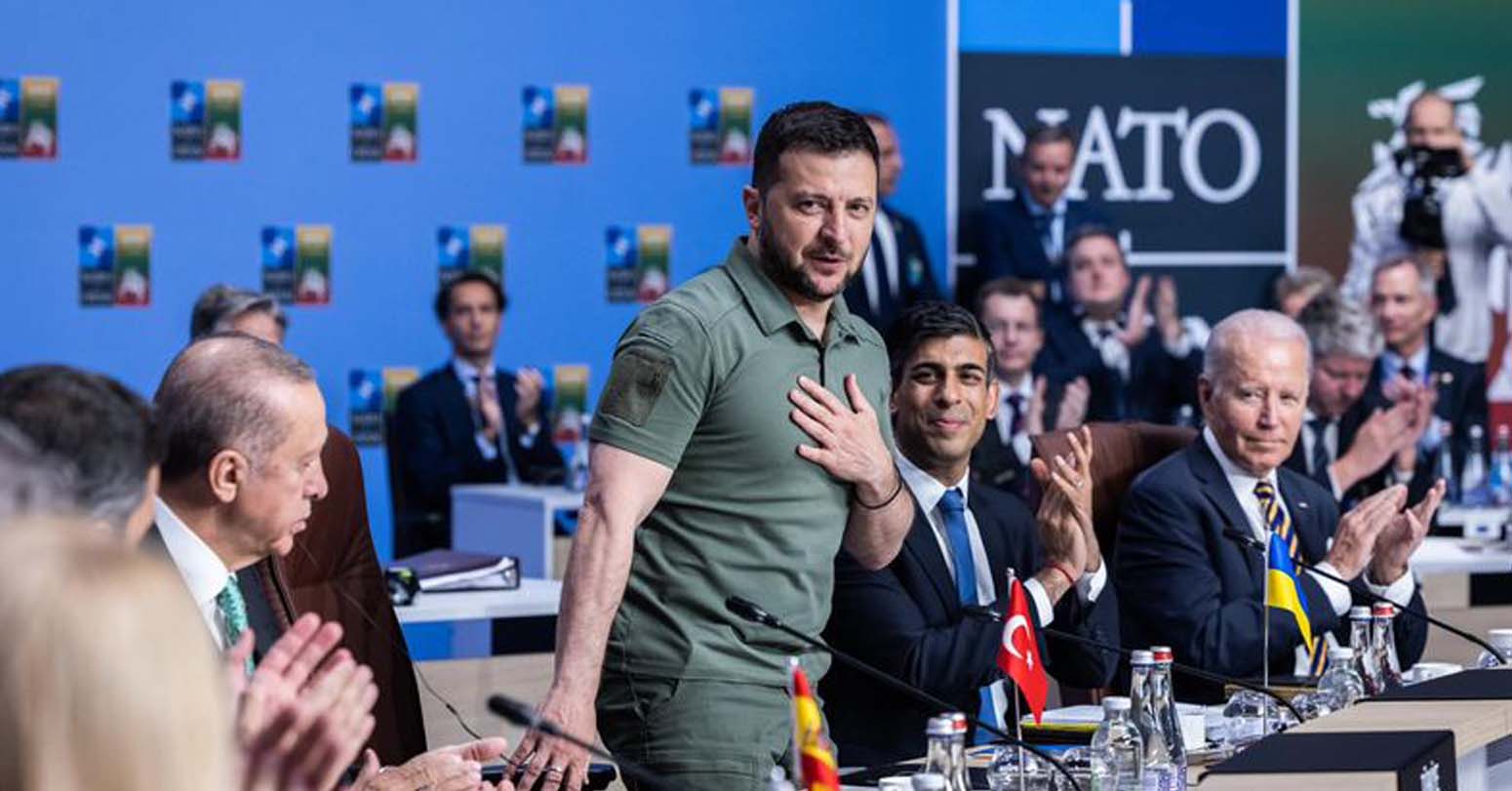
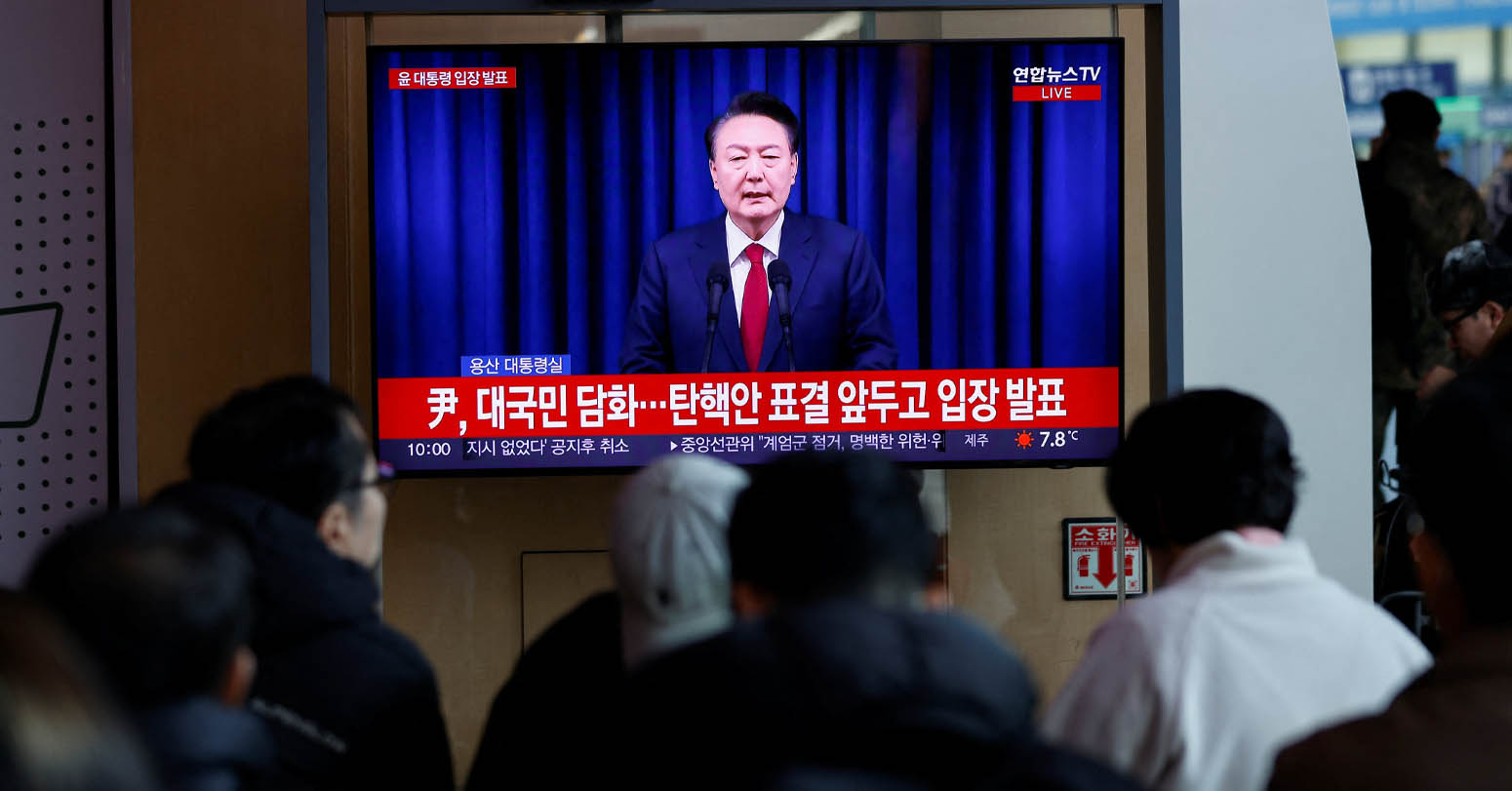
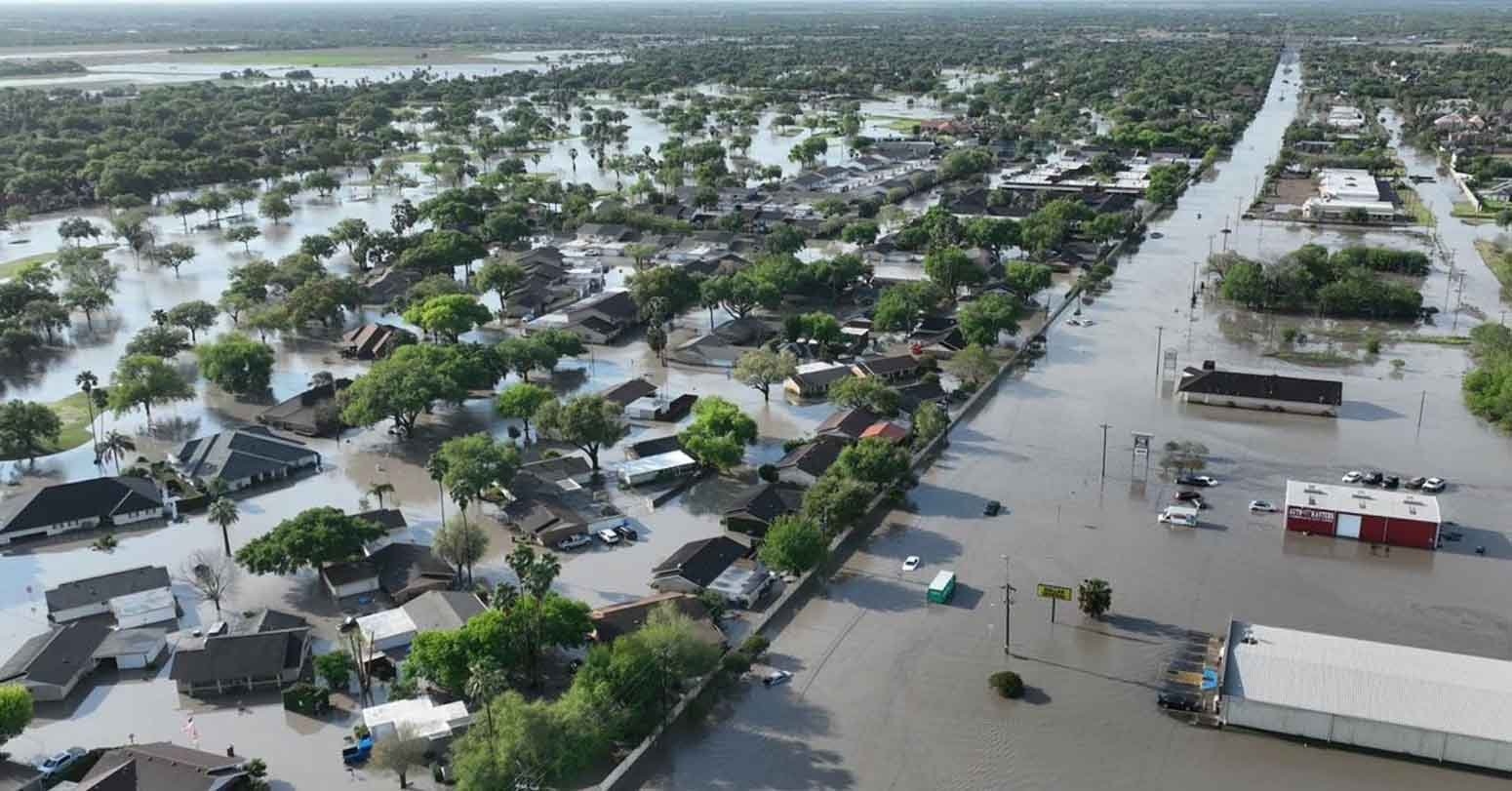
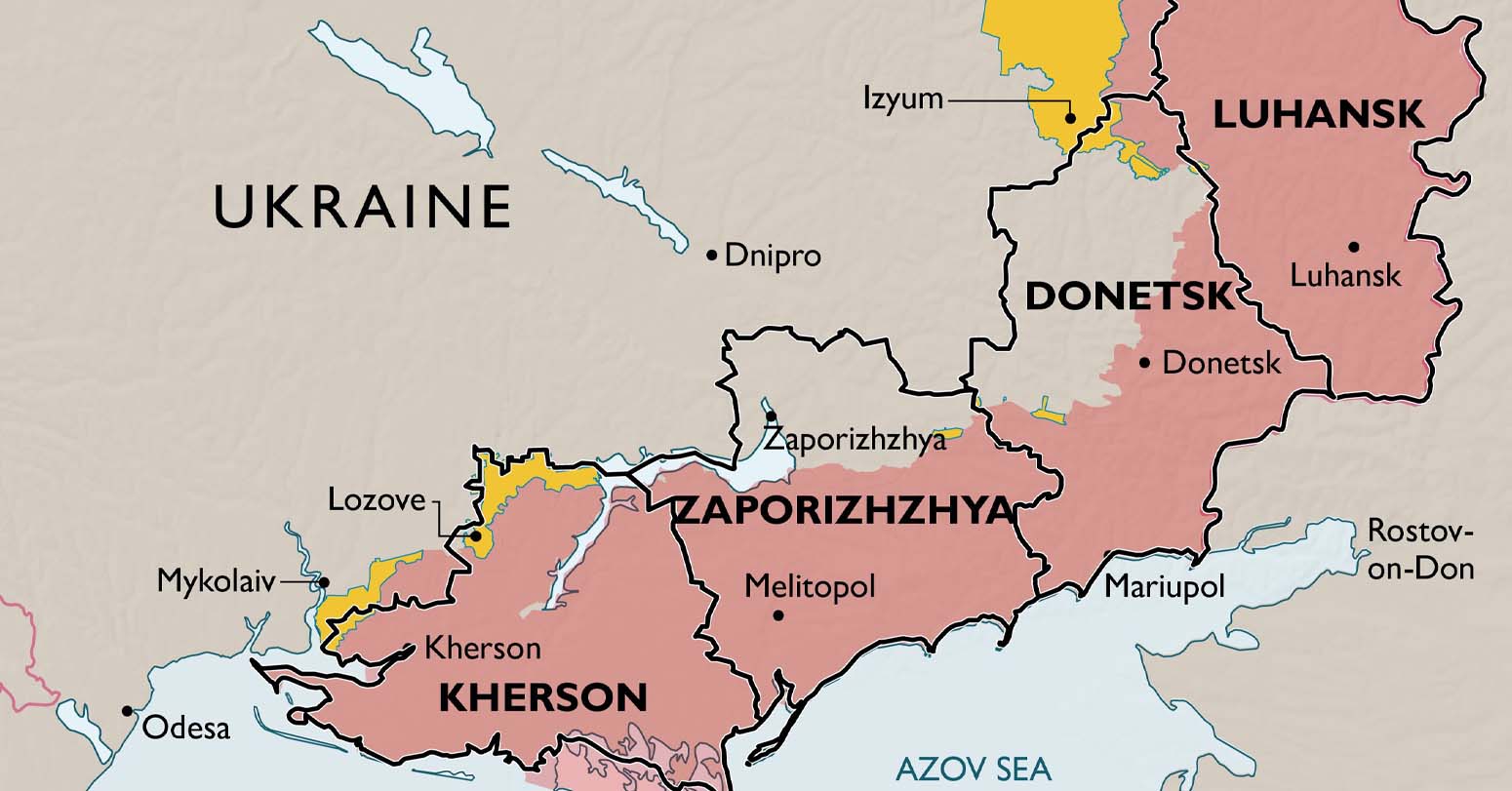
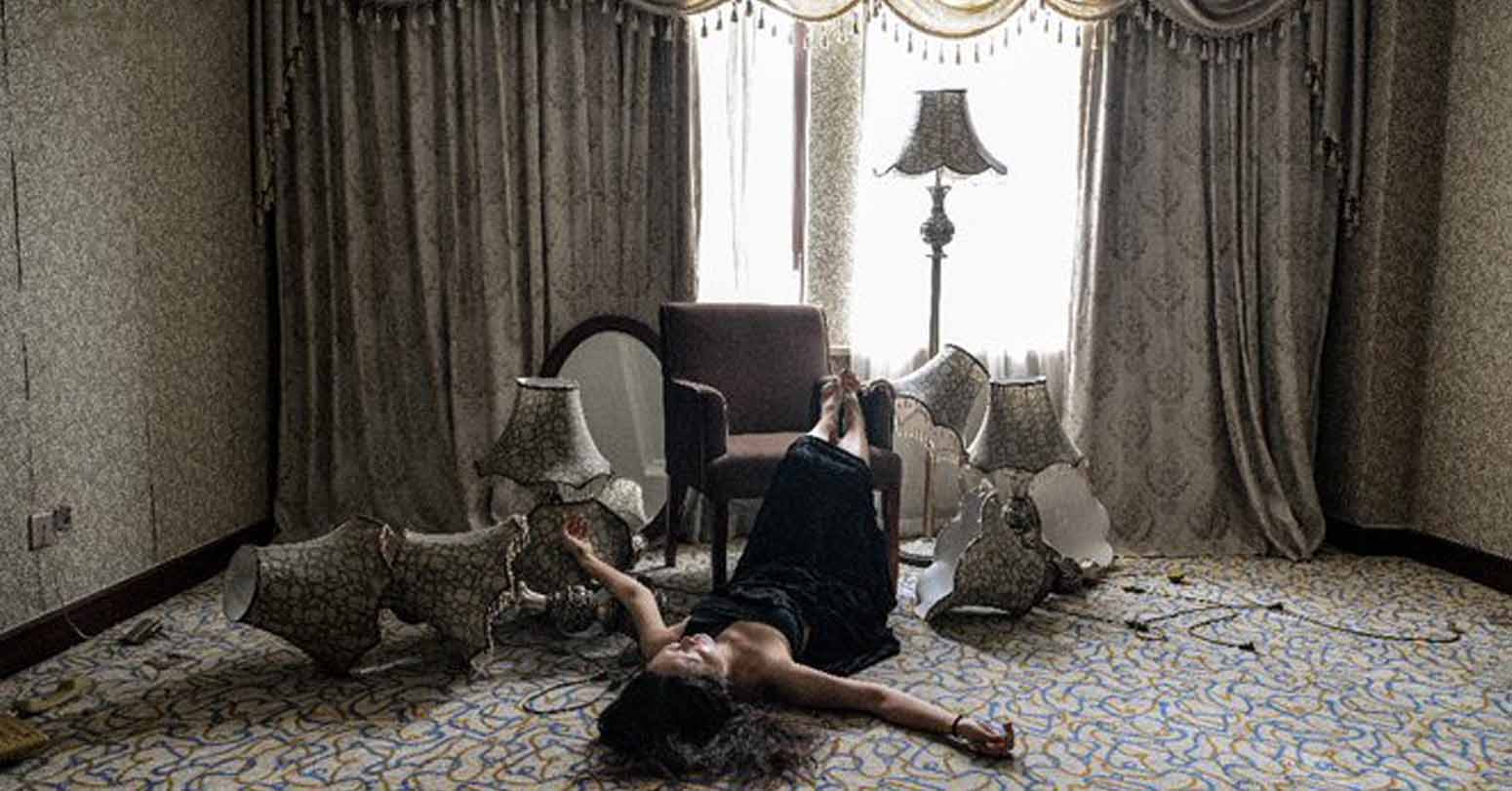


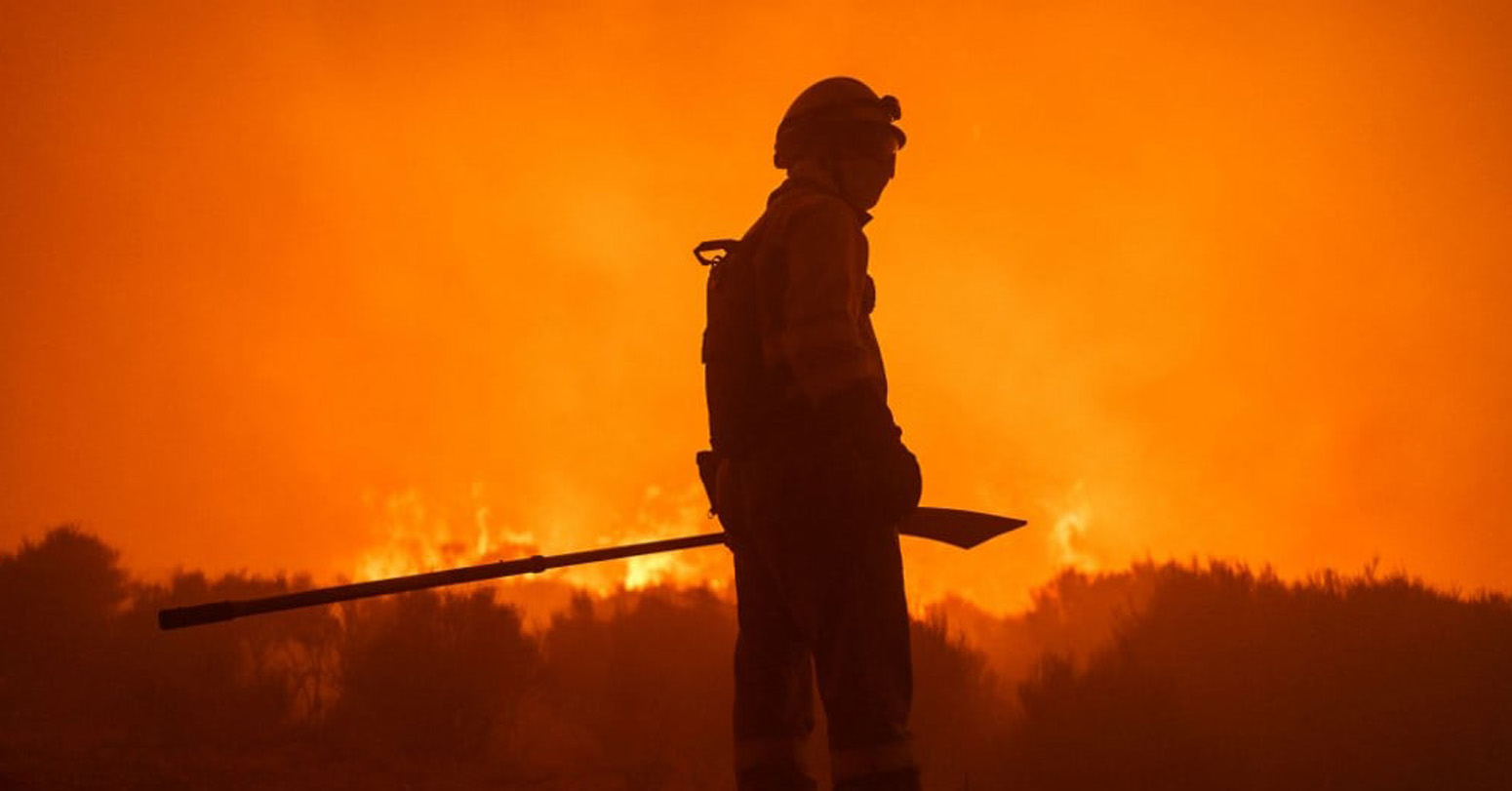

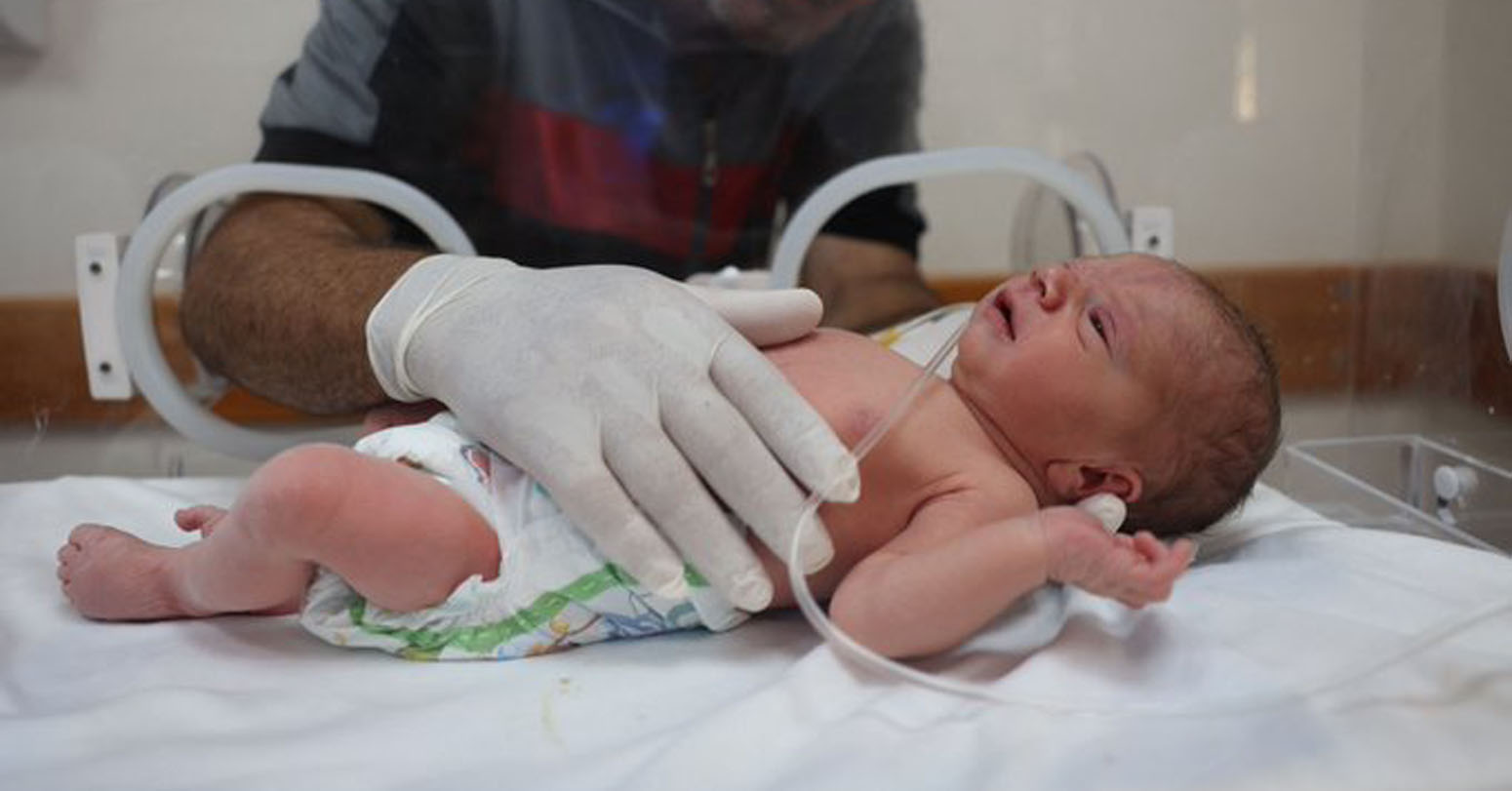


Middle-aged man spends millions to
Dr. Dharam Raj Upadhyay: Man
Breathing The Unbreathable Air
Comprehensive Data Protection Law Critically
Gender Differences In Mental Healthcare
Erosion of Democracy